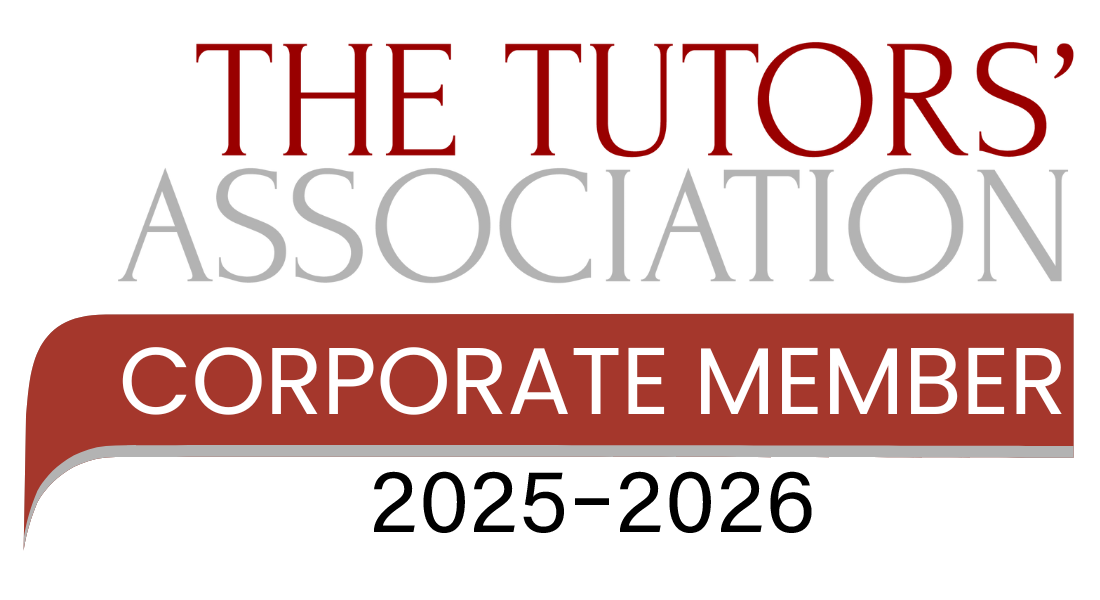How is Physical Development Assessed in the 4+ Assessments?
/As Physical Development is one of the 7 areas of learning in the EYFS, it is obvious that it will be assessed in your child’s 4+ Assessment. Do not neglect this part of 4+ Assessment preparation. It is just as important as the others. Probably more so, in fact. Because without excellent physical development your child will struggle with the other areas of learning.
Physical development in the early years refers to the growth of the body and brain from birth through early childhood. This includes:
Changes in body size
Muscle strength
Balance
Co-ordination
Sensory development
Movement and handling.
3 key skills of physical development will be assessed in your child’s 4+ Assessment. These are:
Gross - The use of the whole body - eg. crawling, walking and running.
Fine - Activities that involve the smaller muscles of the body - eg. pinching, grasping and handling.
Stability - controlled and coordinated movement using the strength of the core eg. balancing.
Physical development is closely linked to mark making which is another important area that is assessed in the 4+ Assessments. If your child hasn’t developed excellent fine motor skills, they will struggle with holding their pencil/pen and will therefore find it challenging to write.
When my clients think about physical development they usually think about the gross motor skills that will be assessed but I would like you think about all three motor skills being assessed.
Physical Development could be assessed in the following ways:
A sports activity - eg. A good kick around with a ball or throwing and catching a smaller ball.
A balance activity - Walking across a ribbon without touching the floor.
Mark making - making marks on a page, following carefully the lines with their pencil/pen.
Letter formation and number formation - Accurate letter formation and number formation will be assessed
Physical development is an amazing part of the early years and we need to ensure that our children are having countless opportunities to just move more. Be offered opportunities to handle small items/objects (with supervision obviously) and to develop and strengthen those little hands.
Preparing for the 4+ for 2026 entry?


